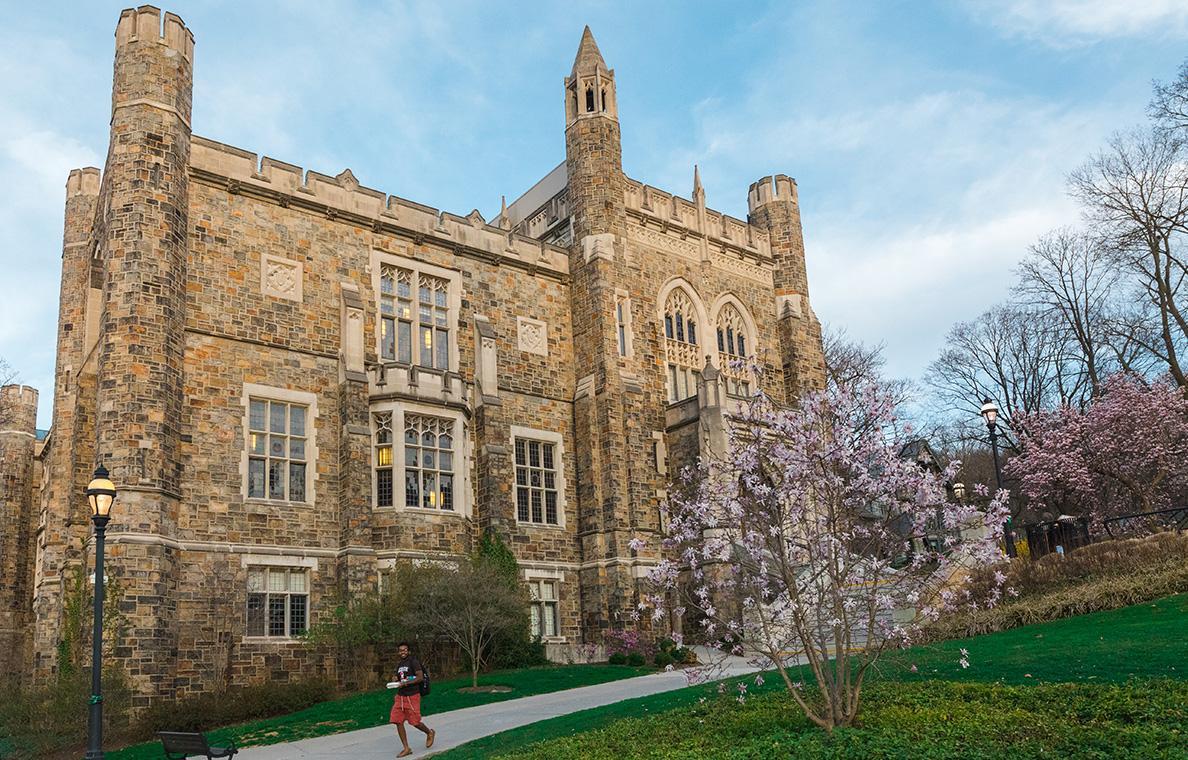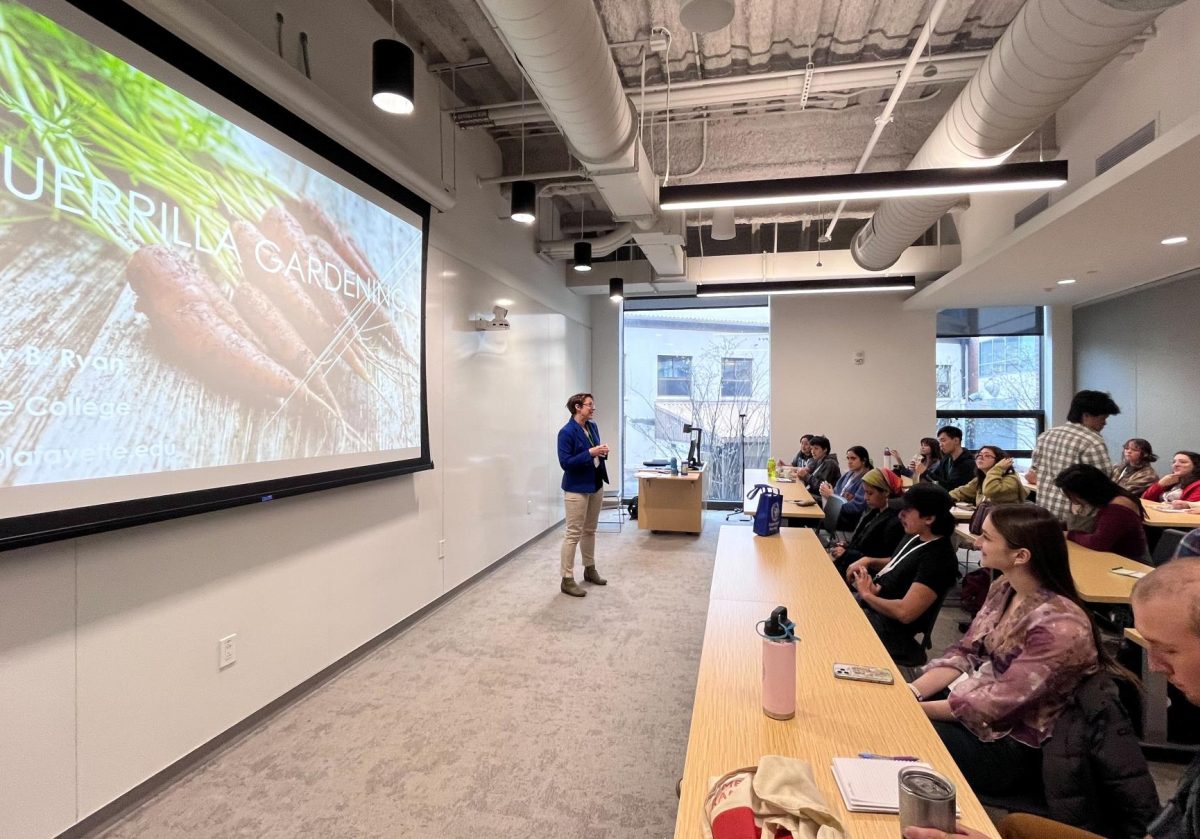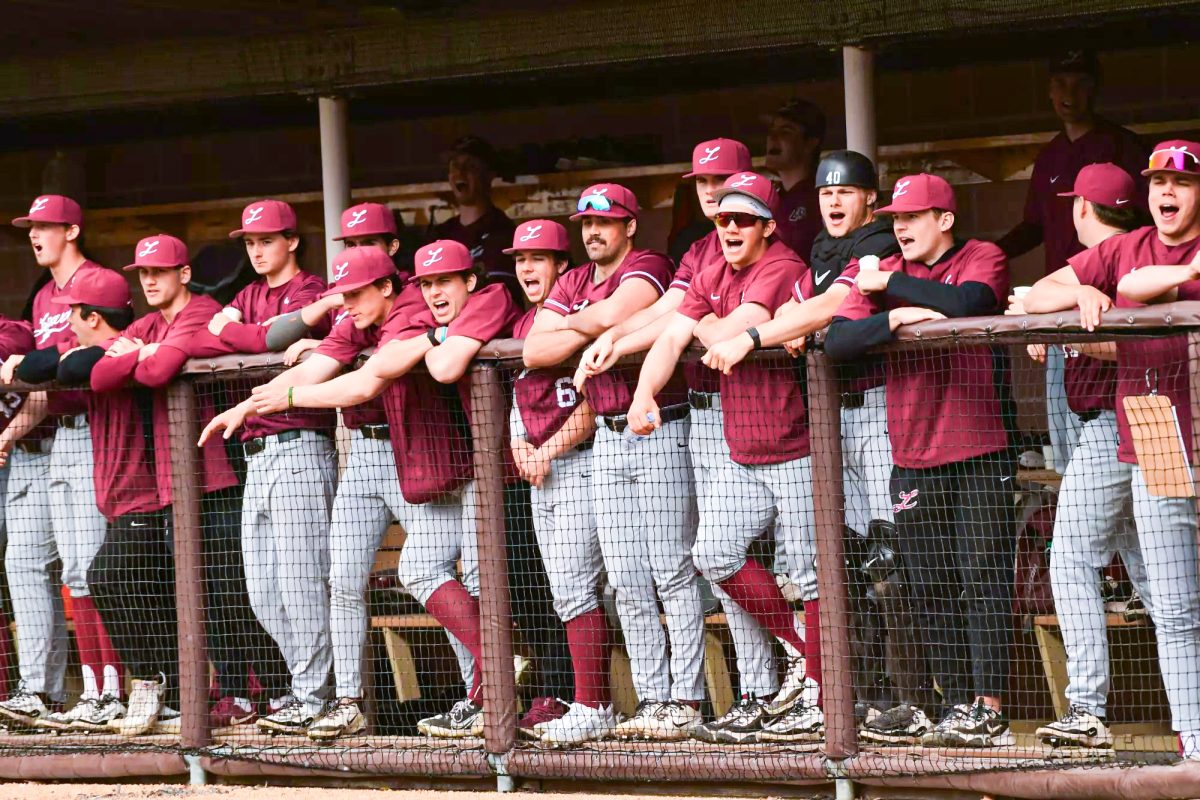Health inspections occur at random for Lafayette College dining spots and Easton restaurants twice a year. Since April 2024, 44.46% of all inspections completed by the City of Easton Health Bureau were found to have some type of violation.
Despite violations being reported regularly, professionals report that customers rarely have cause for serious concern.
Among the on-campus facilities found to have violations in 2025 thus far are two at Chi Phi, one at Delta Kappa Epsilon, two at Phi Kappa Psi, two at Zeta Psi, two violations at Gilbert’s Cafe and one at Skillman Cafe. All locations were determined to be in compliance, and representatives from each fraternity could not be reached for comment.
“Inspections are snapshots of what is happening in the facility at the day and time of my inspection, and every facility can have good and bad days,” said Joe Gill, the city of Easton’s sole health inspector.
Gill oversees 238 facilities, including every dining location on Lafayette’s campus. Gill conducts routine inspections — which he said usually occur every six months for Easton facilities — publicly documenting all reports and violations on the Pennsylvania Department of Agriculture’s website.
Inspected facilities are given an “in compliance” labeling if they pass the inspection and an “out of compliance” labeling if they fail, according to Gill. The criteria used to determine a pass or fail score is a measure of total and critical violations: seven total violations, three or more critical violations or any combination of violations that add up to seven are equivalent to a failing score, which requires a follow-up inspection.
The report bases its points on questions about foodborne illness risk, retail practices and employee training, according to Gill.
Juan Martinez, owner of Don Juan’s Cantina in downtown Easton, recently received a non-critical violation at his Don Juan’s Easton location for a freezer that had too much ice in it.
“It’s not always a sign of negligence, sometimes it’s as minor as a thermometer not being calibrated correctly,” Martinez said. “At the end of the day, responsible operators understand that our number one responsibility is to keep our customers safe.”
Despite receiving a health code violation, Martinez said he believes citizens should only be concerned if a restaurant or facility closes due to continued health code violations.
“There are some reckless restaurants out there,” Martinez said.
According to Gill, there are several concerns that would cause him to immediately close a facility, such as a large infestation of rodents or cockroaches, a sewer backup or if refrigerator or food temperatures are at improper levels.
Gill reported that campus dining facilities have seen a number of critical violations in recent years, including temperature violations, which occurred when hot food is kept below 135°F and cold food is kept above 41°F.
“I have gotten some calls from parents and students of Lafayette in regard to getting raw chicken and things like that,” Gill said. “Every time, I follow up on those calls, and they’re not true. You may not like them as much as the previous food service company, but as far as I’m concerned, they’re doing things safely.”
Tony Williams, the resident district manager of dining services at Lafayette, has similar confidence in Parkhurst and their services.
“Food safety is our top priority at all times,” Williams wrote in an email. “Dining has many protocols in place to ensure food safety in all establishments on campus.”























































































































